Welcome to your weekly UAS news update. We have three stories for you this week: charges against a drone pilot for allegedly interfering with a medical helicopter, potential cuts to the NASA ASRS report, and New York legislation restricting drone purchases by state agencies. Let’s dive in.
Drone Pilot Charged in Texas
A 64-year-old drone operator in Orange County, Texas, faces a misdemeanor charge for allegedly delaying a medical helicopter in February. The incident occurred while First Responders were aiding a three-year-old child who suffered cardiac arrest after a near-drowning. The helicopter, which had landed, was delayed from taking off because the drone was flying 50 to 100 feet directly above it. The drone pilot was identified, the device was confiscated, and he now faces charges of interfering with public duties, a Class B misdemeanor in Texas, which could lead to 180 days in jail and a $2,000 fine. It’s unclear if federal charges will follow, but the FAA takes interference with manned aircraft, especially emergency services, very seriously. Thankfully, the child made a full recovery. Please, don’t be that pilot.
NASA ASRS Report at Risk
The aviation community, including drone pilots, has until July 7 to comment on the value of two critical voluntary safety reporting systems: the NASA Aviation Safety Reporting System (ASRS) and the Confidential Close Call Reporting System (C3RS).
The ASRS allows pilots, controllers, mechanics, and others to submit confidential reports to NASA, which acts as a neutral third party, insulating reports from direct FAA oversight. This system provides near-real-time data on aviation safety issues. A key benefit for pilots is that inadvertent regulatory violations reported within 10 days are protected from FAA enforcement action.
A request for comment was published in the Federal Register on May 5, as part of a routine Review under the Paperwork Reduction Act of 1995. However, concerns are growing that insufficient support could jeopardize these programs. As of June 16, only 19 comments had been submitted. We recommend emphasizing that NASA is the appropriate agency to collect this data as a non-punitive third party and that the ASRS is vital for tracking safety trends. Submit your comment via the link in the description—it takes just a few minutes and supports the industry’s safety culture.
New York Legislation on Drone Purchases
In New York, bill A2237/S3259 passed the assembly this week. It restricts the equipment, including drones, hardware, systems, devices, software, and services, that state and local public safety departments can purchase. Waivers are available, but it would be preferable for agencies to freely choose the best equipment for their needs without requiring waivers. The bill awaits the governor’s signature to become law. If you’re in New York, contact your senator, representative, or the governor’s office. Visit the Drone Advocacy Alliance (DAA) website for more information, especially if you’re in public safety.
Postflight and Community Updates
On this week’s Postflight, we’ll discuss Renault, the French car manufacturer, partnering with Parrot to develop a drone dock integrated into vehicles. We’ll also cover Amazon‘s new drone delivery program in San Antonio. Postflight is our weekly show where we take a deeper, more opinionated dive into news topics, available exclusively in our premium community. Visit pilotinstitute.com/community for details. Join us Monday for the live Q&A, and in the meantime, fly safe.
Discover more from DroneXL.co
Subscribe to get the latest posts sent to your email.
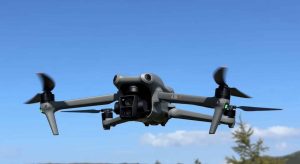
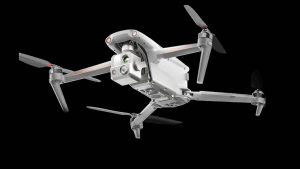
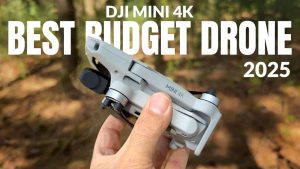
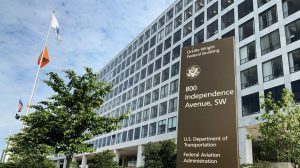
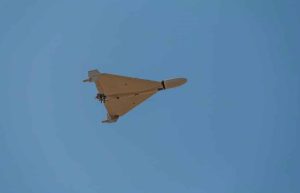
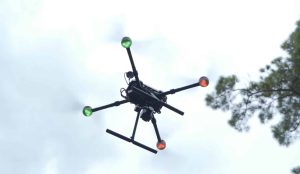
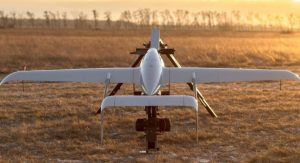
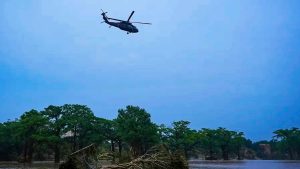
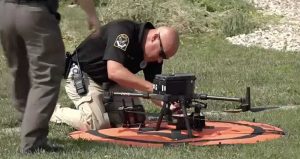
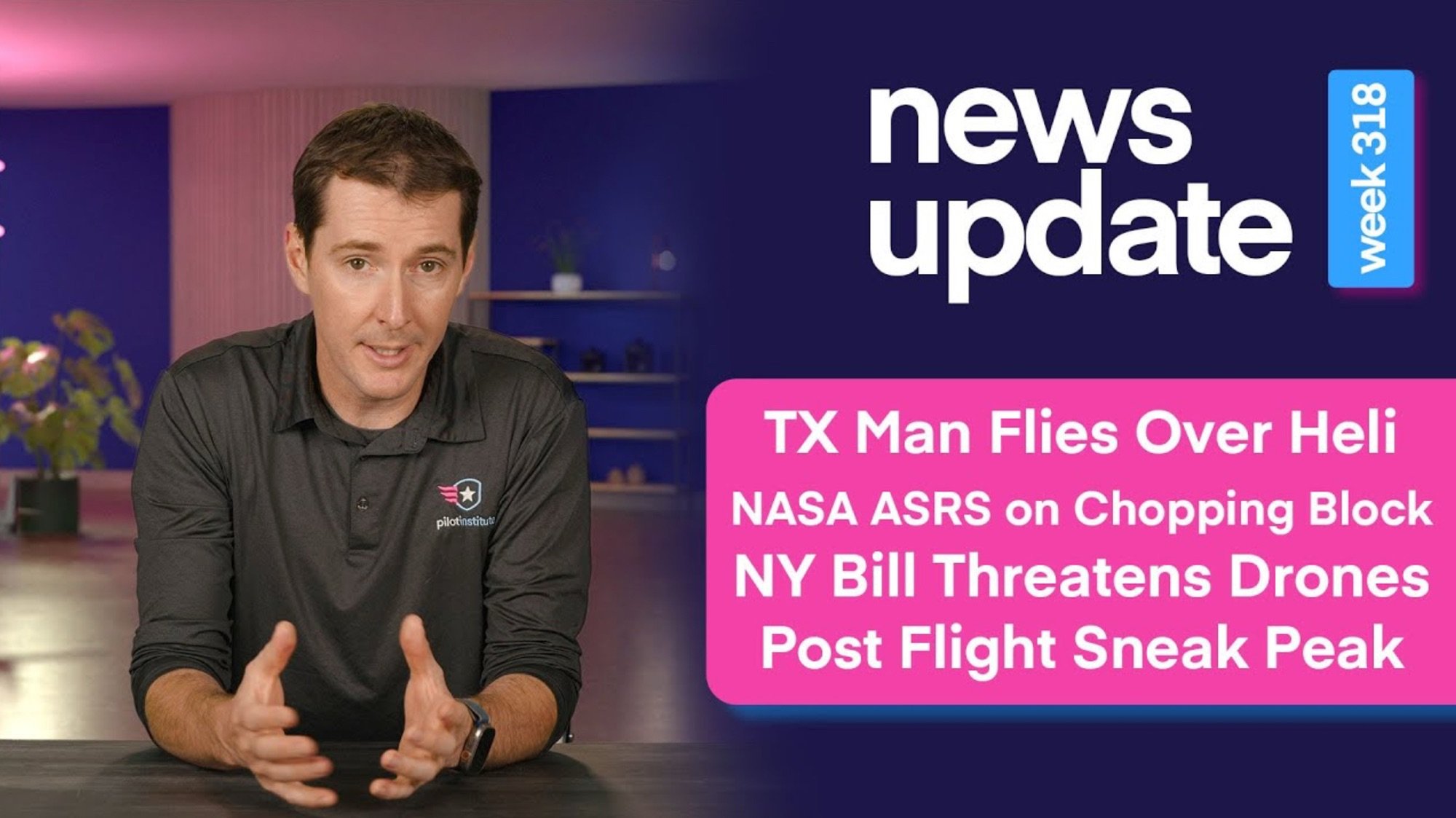

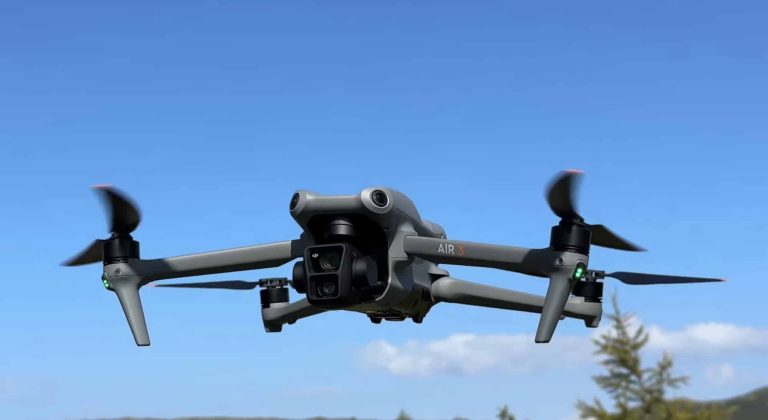
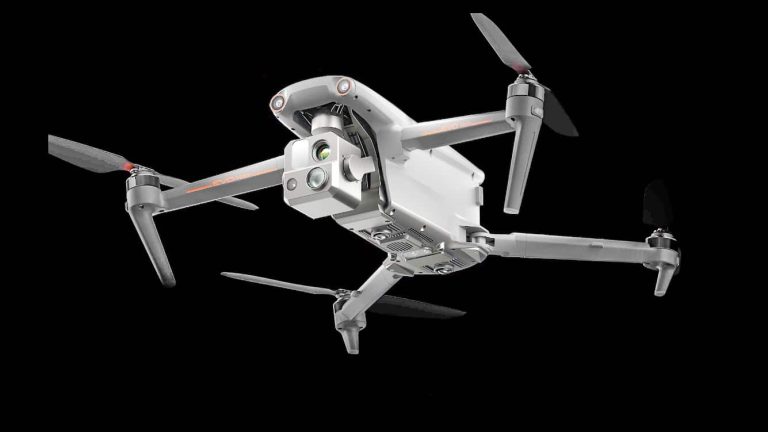
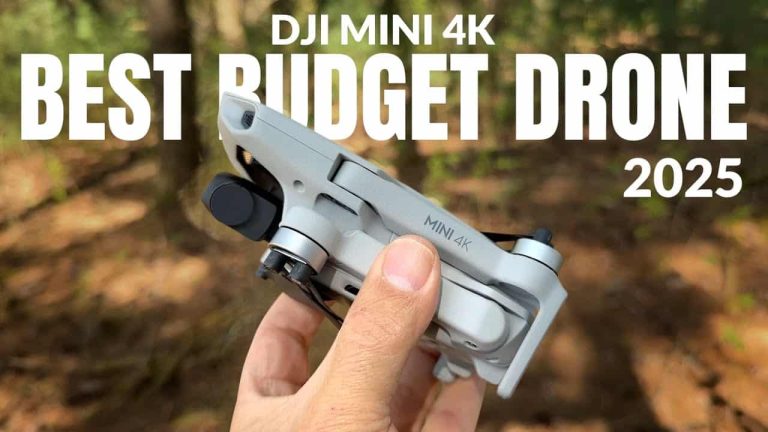
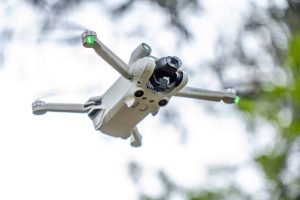
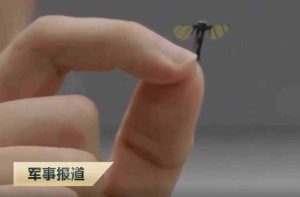
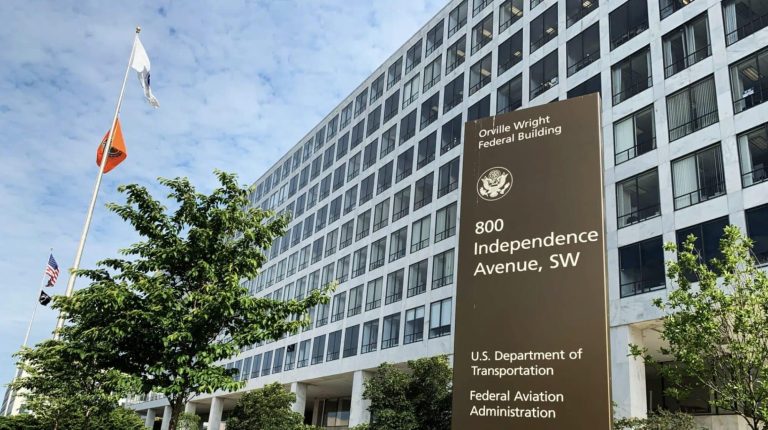
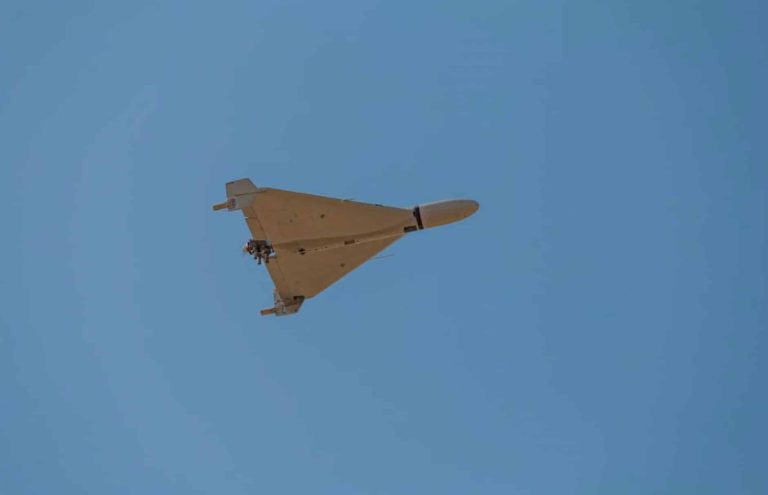
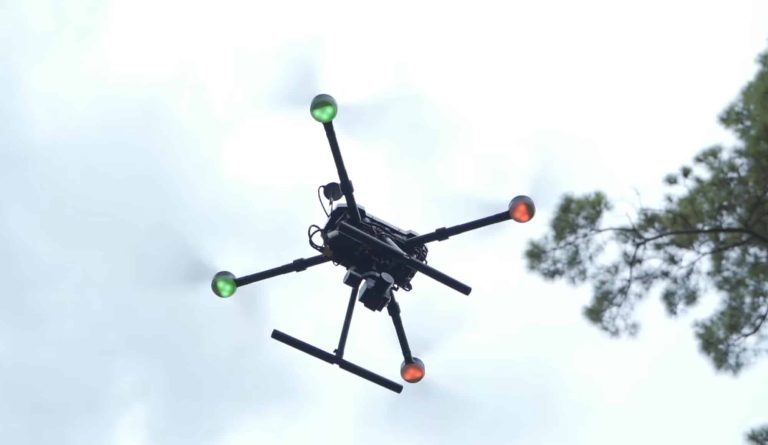
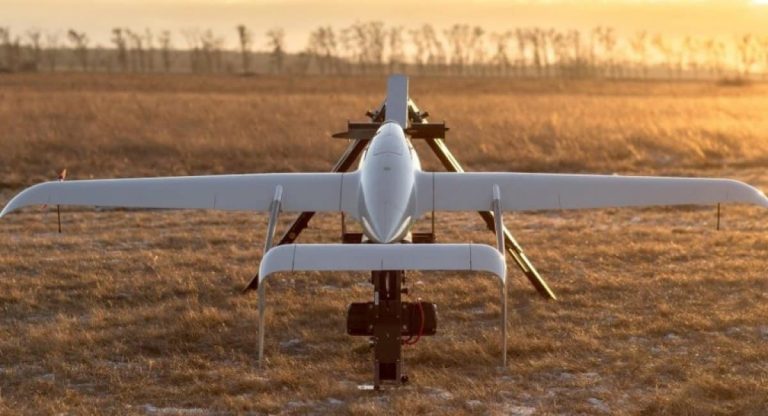
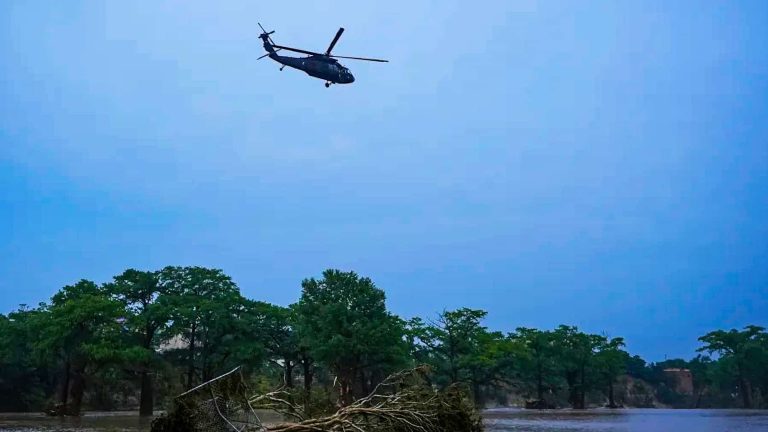
+ There are no comments
Add yours